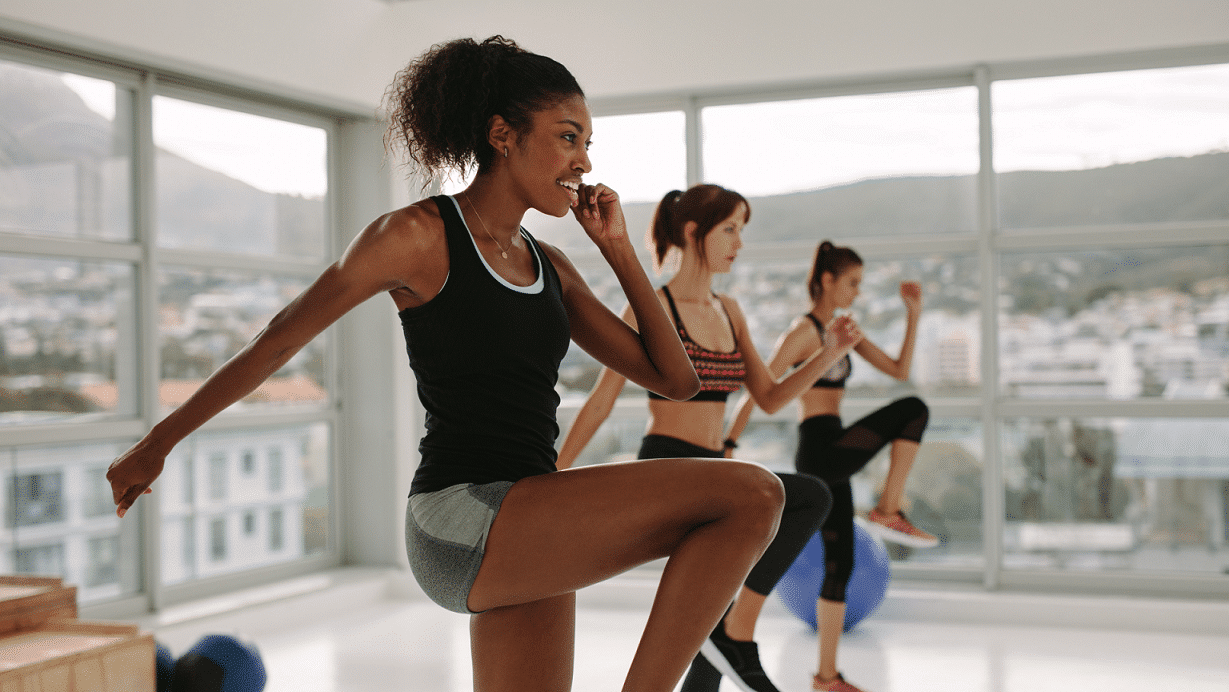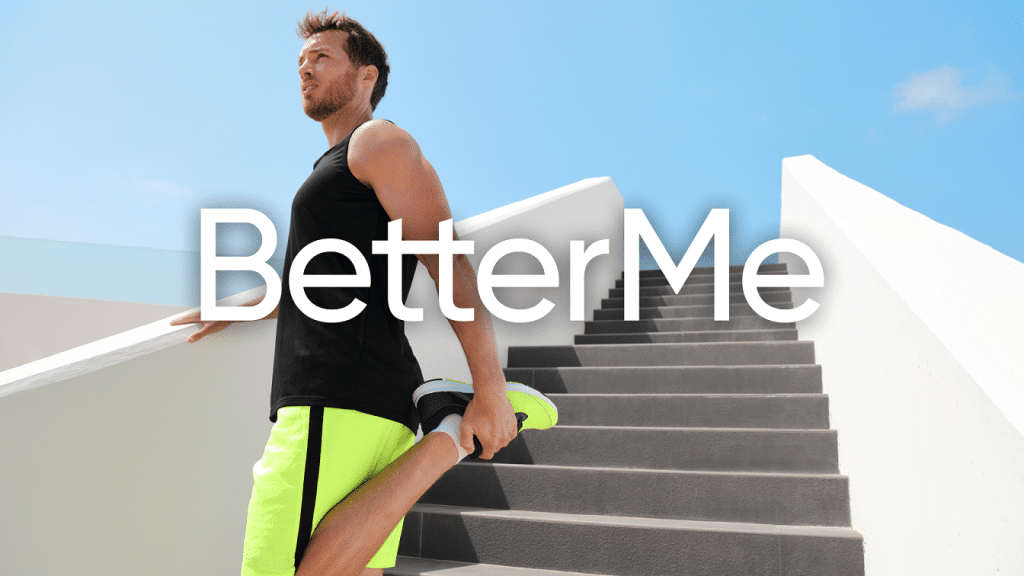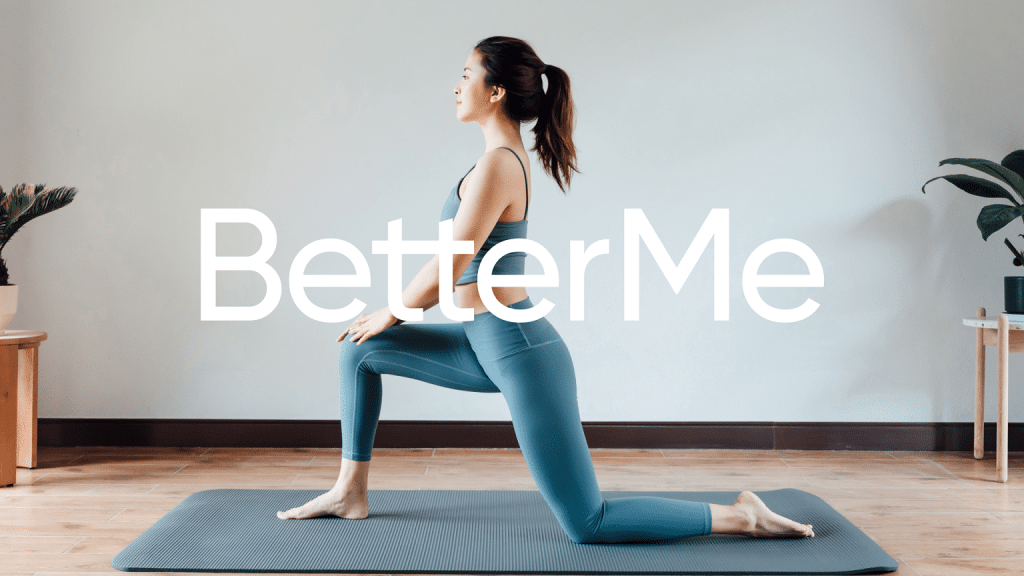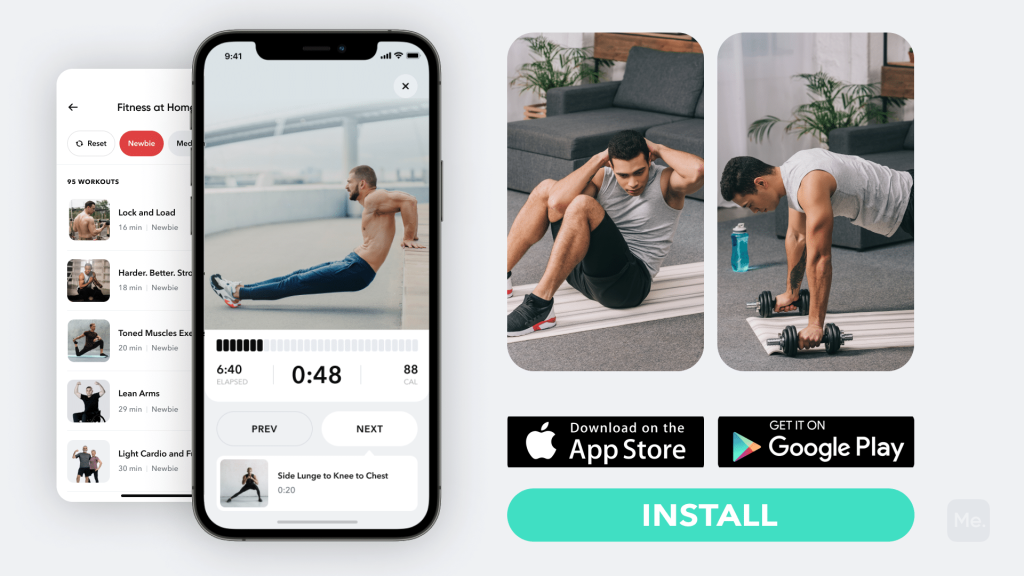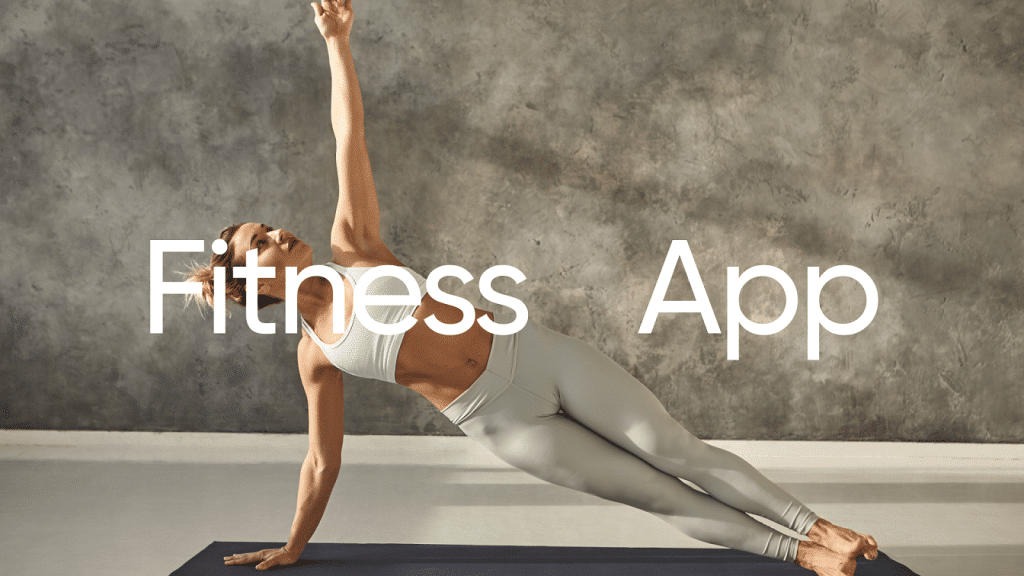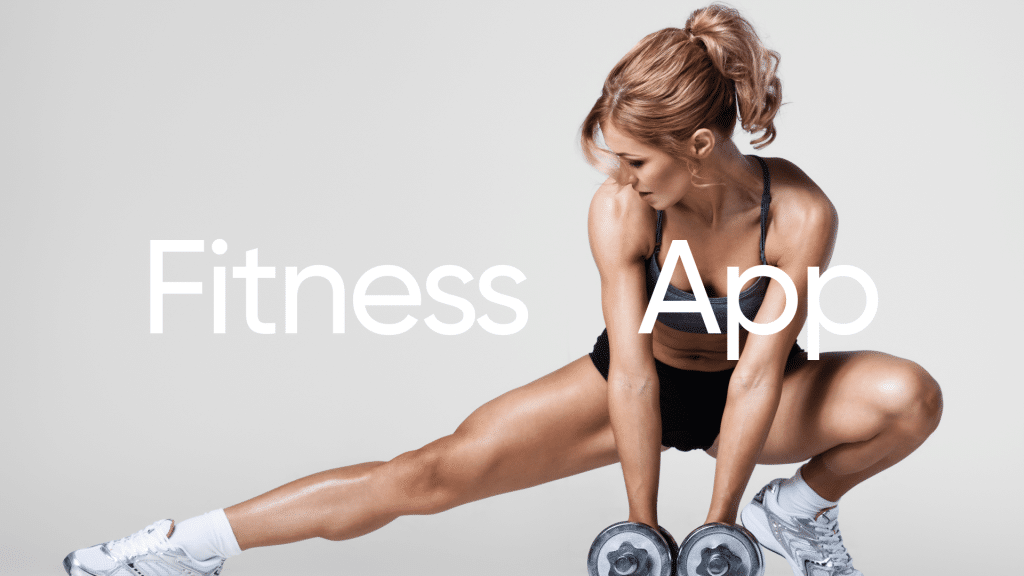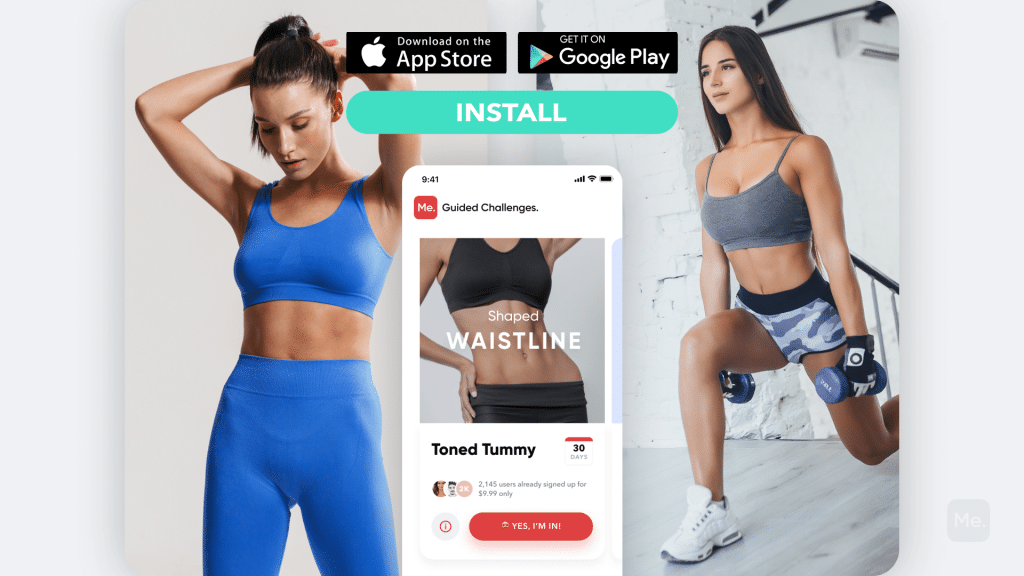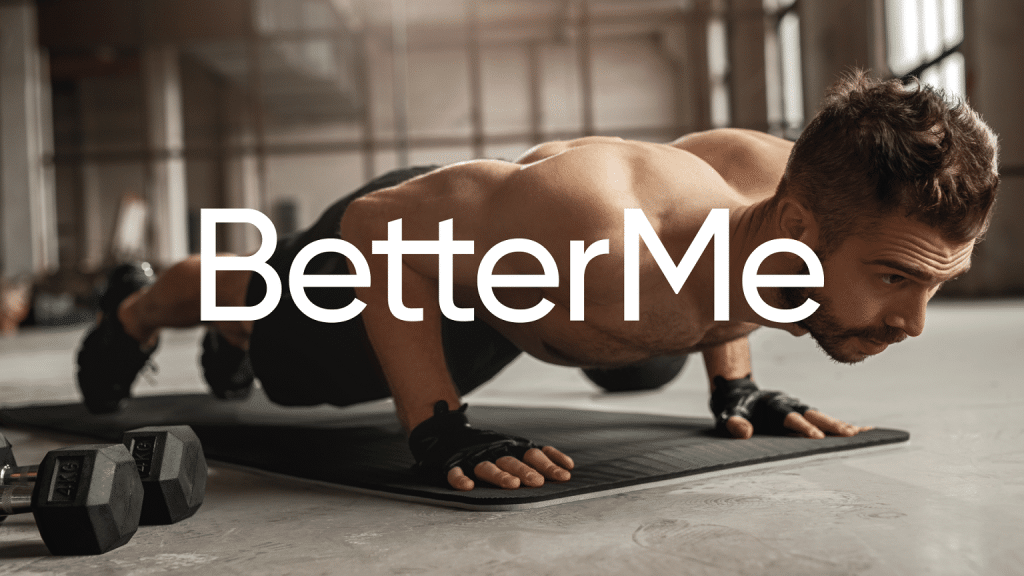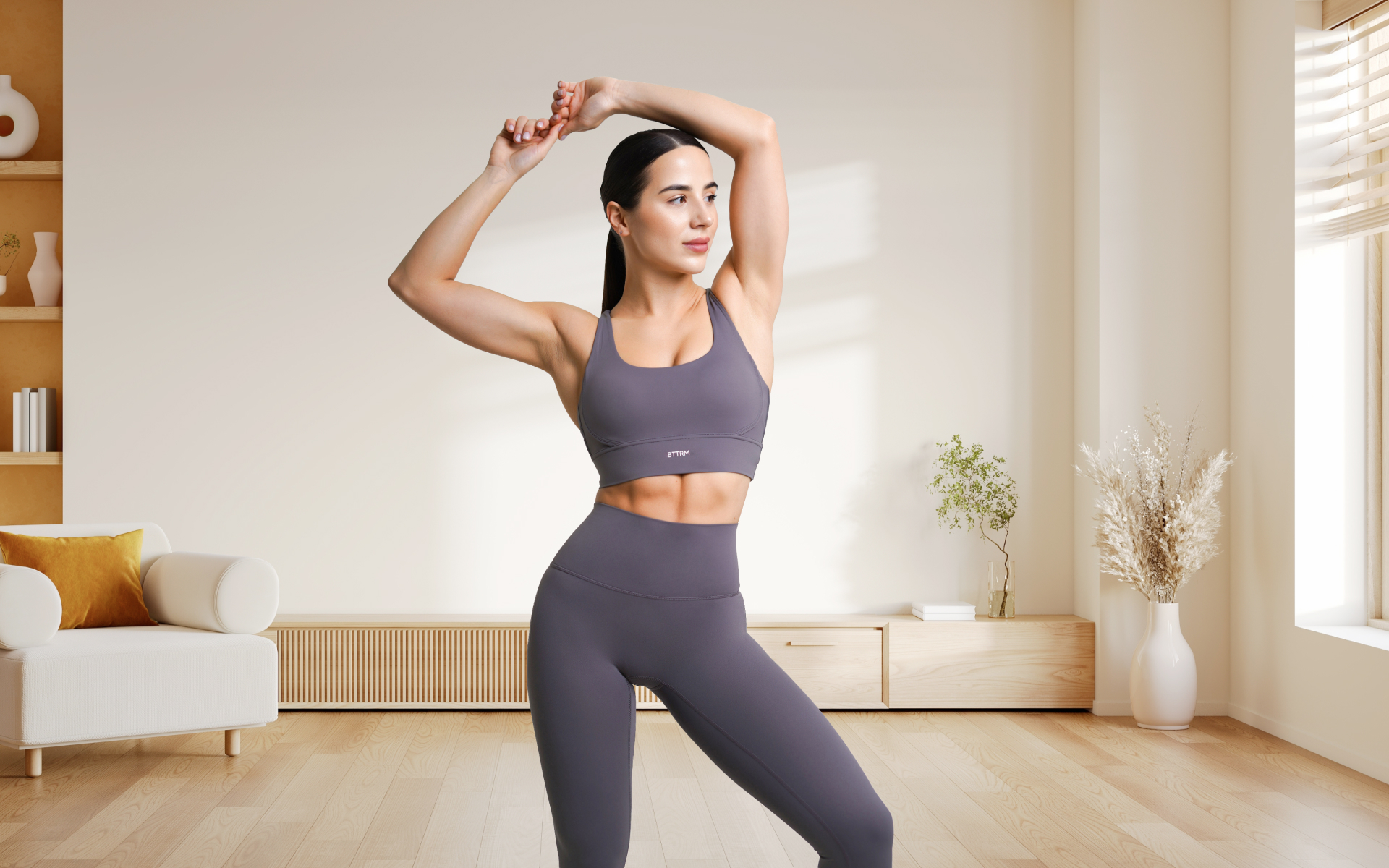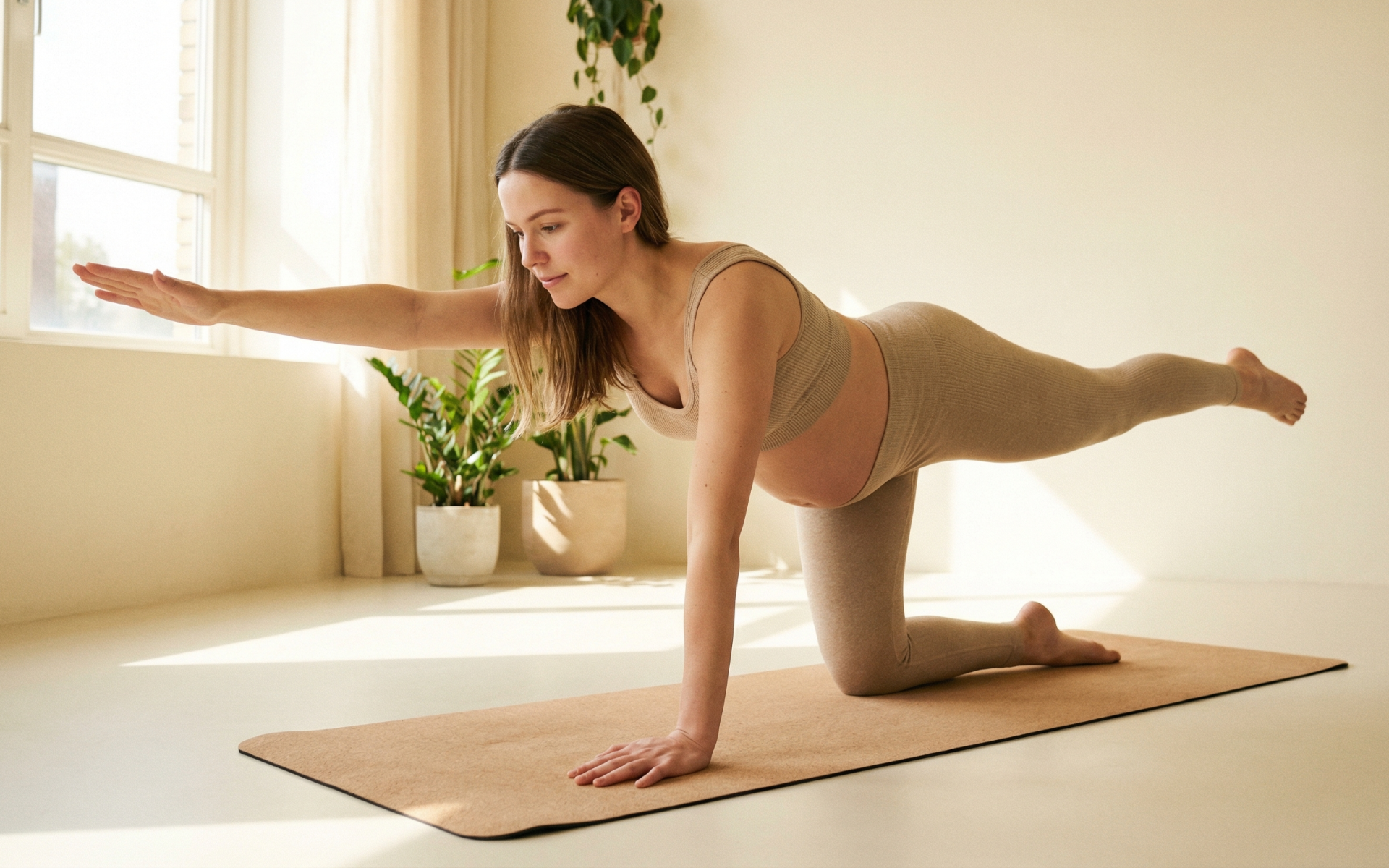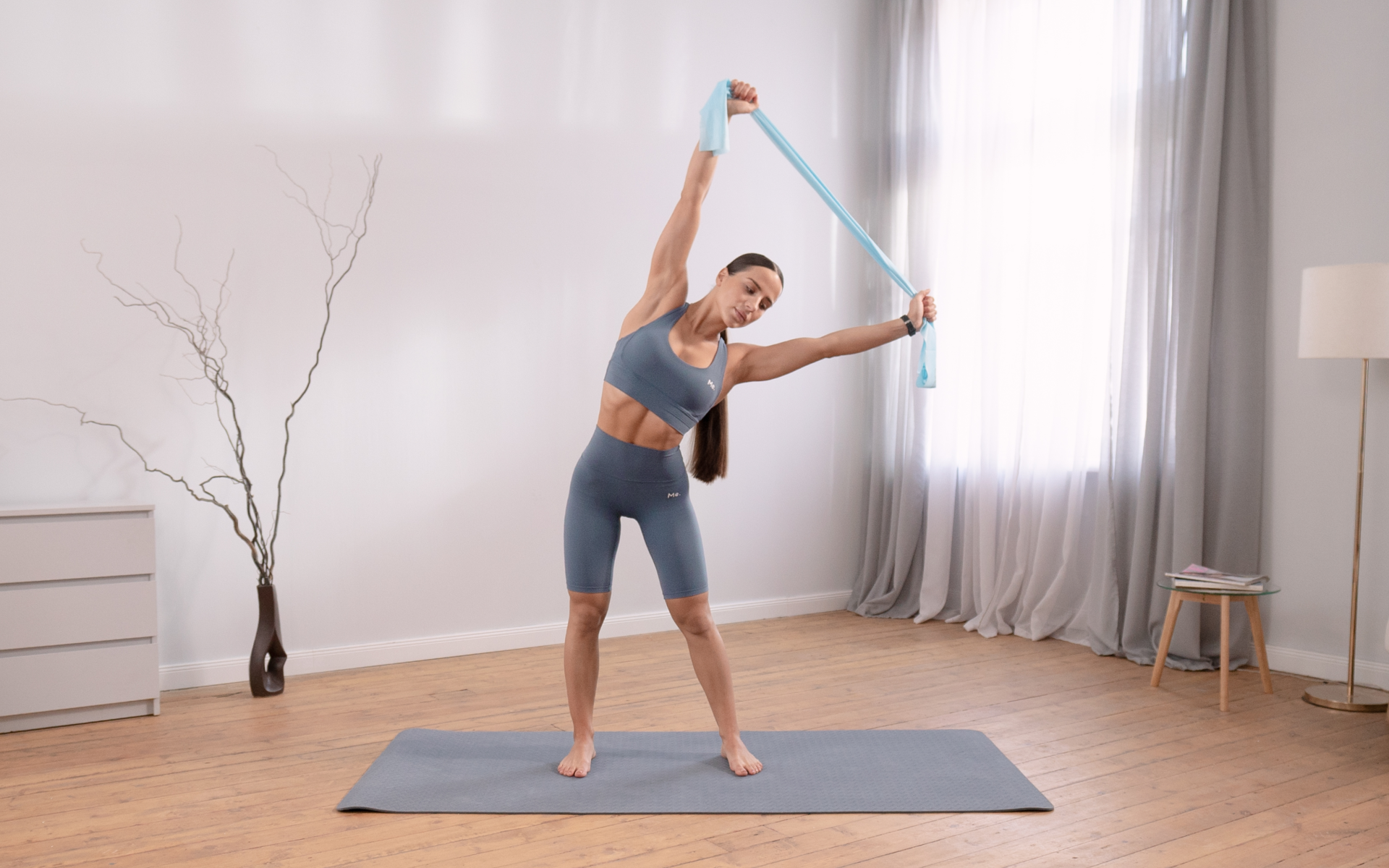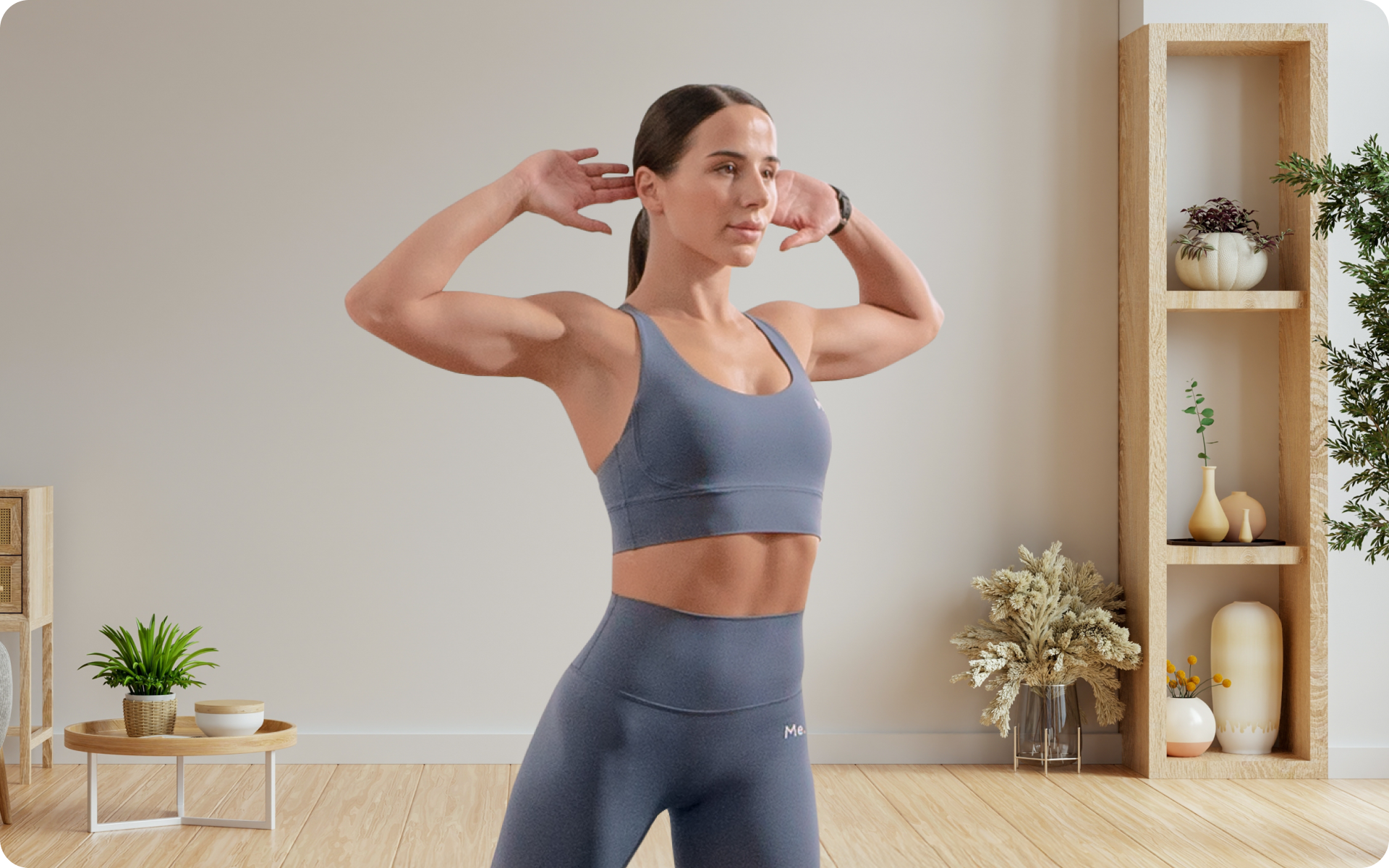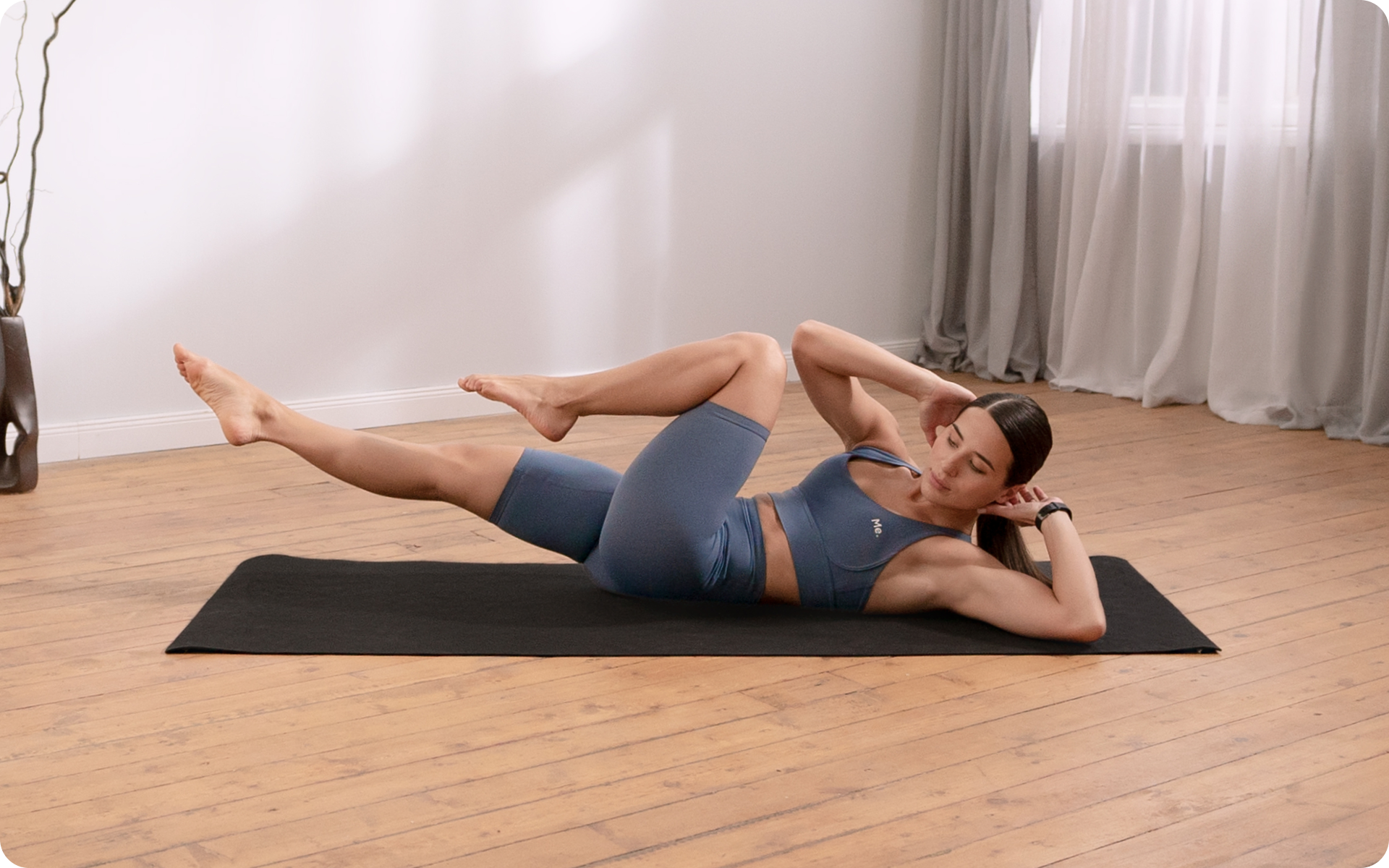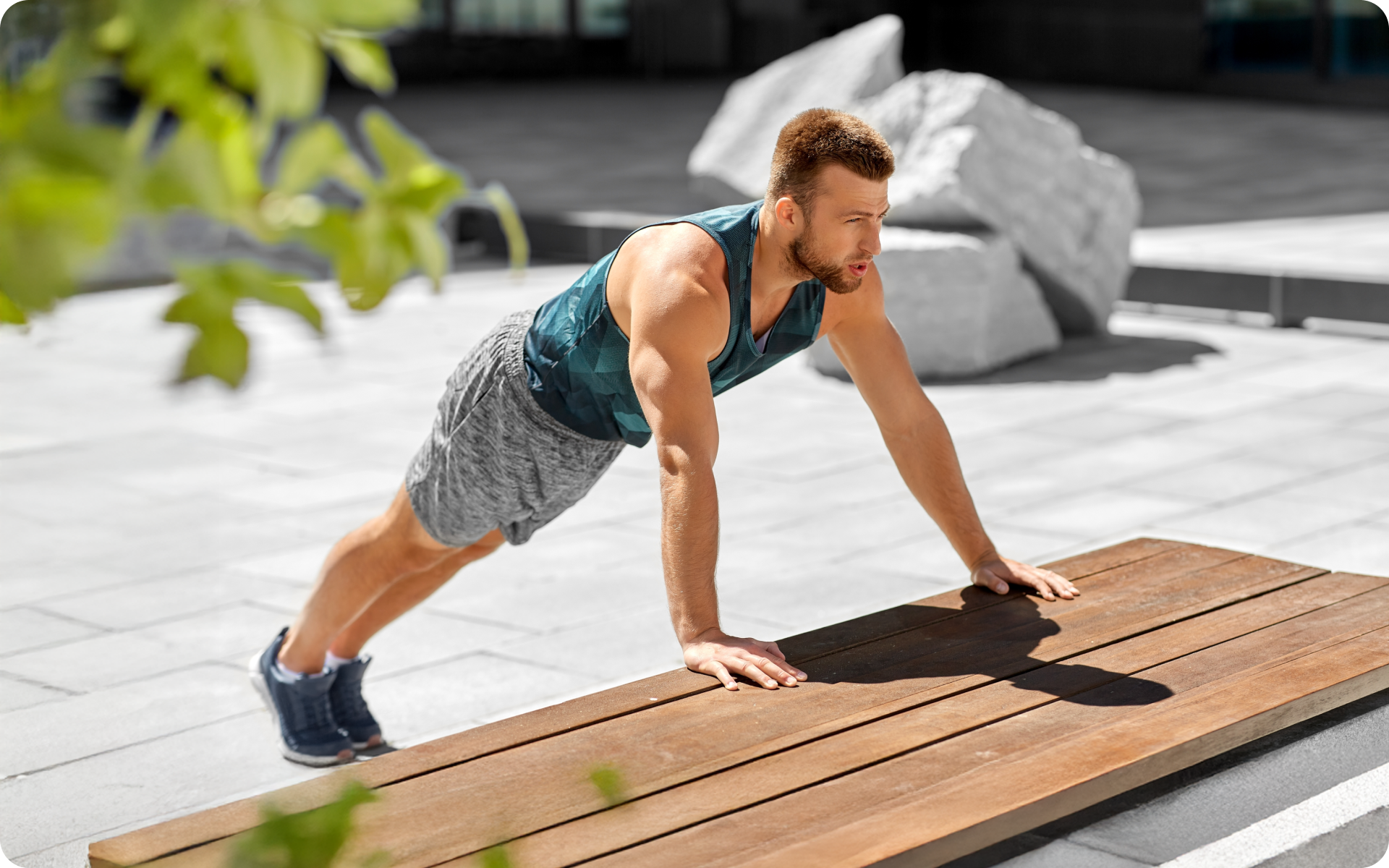These days people tend to waste away hours of their lives glued to computers and phones not realising the toll a lifestyle devoid of physical activity takes on a body. Unfortunately, in such cases core muscles take the biggest hit because they play a massive role in our everyday activities: from bending over to staying in upright position. Even though trainers and doctors keep harping on about the importance of core workout, people still fall into the trap of completely disregarding stabilizing muscles during their workouts or they end up cranking away at crunches and bicycles in their quest for a picture-perfect set of washboard abs.
Core workout involves your torso training. Exercises for core (body frame) muscles help strengthen the other ones, which provide spine fixation. This helps to maintain a beautiful posture and a healthy backbone. So, what exercises should be performed to tone core muscles? Make sure to read this article through. You’ll discover all about the best exercises that will rock your core and their benefits.
Core Workout Benefits
Core workouts are a significant part of a versatile fitness program. However, apart from occasional sit-ups and push-ups, core exercises are often neglected. You should keep your core muscles, which are the ones around your trunk and pelvis, in top shape.
Equilibrium And Stability Improvement
Core workout trains the muscles in your pelvis, lower back, hips, and abdomen to work in harmony (2). This leads to better equilibrium and stability, whether on the playing field or in daily activities. Most sports and other physical activities depend on stable core muscles (3).
Read More: Planks For Beginners: Put Your Core Strength To The Test
All-Round Practice
Any exercise that involves the use of your abdominal and back muscles in coordinated fashion counts as a core workout. For example, using free weights in a manner that involves maintaining a stable trunk can train and strengthen a lot of muscles, including your core muscles.
Better Abs Shape
The core workout is necessary if you’re planning to go all-out in order to build a strong ripped midsection. Although it takes aerobic activity to burn abdominal fat, core exercises can strengthen and tone the underlying muscles.
Simplified Physical Activity
Strong core muscles make it easier to perform an array of activities, such as swing a golf club, get a glass from the top shelf and bend down to tie your shoes. Strong core muscles are also important for athletes, such as runners, as weak core muscles can lead to more fatigue, less endurance, and injuries.
If you wish to cinch your waist, tone up your bat wings, blast away the muffin top – our fitness app was created to cater to all your needs! BetterMe won’t give excess weight a chance!
Best Core Workout Exercises
Core strength and stability encompasses many particular planes of movement and many other muscles, all working together to either resist unwanted movement through your trunk when dealing with an external force, to provide a force transfer between lower body and upper body, or a stable anchor point from which to move your arms and legs in athletic endeavors (1).
Here are 5 exercises to include in a well-rounded core workout program. It is not an exhaustive list by any means, but it should cover all the bases.
Plank
It’s a go-to exercise for a lot of gym-goers and fitness dabblers. Plank is a fantastic exercise that will not only fast-track your summer body but will also strengthen your core muscles. Set up by supporting yourself on your forearms and toes and maintaining a level, neutral spine for the hold duration, resisting sagging through the hips and lower back. A progression on this is to make it an “active” plank by creating some extra tension by pulling your elbows down in your toes’ direction, straightening your legs as hard as you can, and squeezing your glutes.
Bird Dog
A great workout to learn stability and control of the core, and again, learning how to move the arms and legs around a stable center. Get on all fours, and think about making a coffee table, four legs evenly spread and weighted, with a neutral or flat back upon which you could balance a cup of coffee. From this position, you extend the opposite arm and leg, with minimal movement through the torso. Focus on preventing arching the lower back, shrugging the shoulders, and teetering side to side.
Side Plank
A side plank is in the category of an “anti-lateral flexion” exercise, meaning you are resisting a force (gravity) trying to bend (or flex) your trunk sideways. The side plank predominantly works your internal/external obliques and quadratus lumborum. On top of that, it trains the glute medius, an important hip stabilizer (and therefore your core) while also providing some nice shoulder stability on the supporting arm (4).
Read More: 14 Day Plank Challenge To Build A Killer Core And Lose Weight
Slow Bicycle Crunch
Good for training strength and endurance and a good alternative for those who love to “feel the burn” of a sit-up or crunch type exercise – without wearing away at the discs in your lower back. Set up by lying on your back with feet up, hands on the side of your head (not behind, so you do not get tempted to yank on your neck), and while your legs do a bicycle pedaling movement, you bring your opposite elbow to your opposite knee in a “rotational crunch” type of movement. You will feel these predominantly in the rectus abdominis (your six-pack), and the obliques, with some good cross patterning action for our brains to go with it, as you get that opposite shoulder and hip movement working in sync.
Hollow Body Hold And Hang
The hollow body hold is a back-friendly way to strengthen the core front. Start by lying flat on your back, then gently lift your legs off the floor while elevating your upper back and shoulders off the floor, “hollowing” your body out. Hold for about 20-30 seconds.
The hollow body hang is similar to the hollow body hold except you are hanging from a bar, with gravity working against your legs and core in a slightly different way. The act of hanging from a bar with the shoulders overhead, whilst also great for your shoulder stability and mobility, adds an extra degree of difficulty for the core as you work extra hard to prevent extension through the lower and middle back.
Frequently Asked Questions About The Core Workout
What Are The Core Muscles’ Functions?
The core acts as a stabilizer during heavy power loads and insures against injuries. However, the core muscles’ role in the body is not limited to this. The other important functions of this muscle group are the following:
- Beautiful posture and chest shape.
- Body’s balance and flexibility.
- The health of the circulatory, excretory, digestive and genitourinary systems.
- The appearance of the press and buttocks.
- Maintaining a stable position of internal organs protects them from “unauthorized” displacement.
Who Needs To Train The Core Muscles?
The general recommendation sounds corny: everyone needs to train the core muscles. This is an extremely important muscle complex. Everyone should keep themselves in good shape for good health and a decent appearance.
Conclusion
The core workout is getting popular throughout the world and is worth all your efforts. Giving your core muscles the right training can simplify your life and strengthen your health. They do not take too much time, and you can exercise everywhere you want without any facilities.
Get your personalized
meal plan!
DISCLAIMER:
This article is intended for general informational purposes only and does not address individual circumstances. It is not a substitute for professional advice or help and should not be relied on to make decisions of any kind. Any action you take upon the information presented in this article is strictly at your own risk and responsibility!
SOURCES:
- Core exercises: Why you should strengthen your core muscles (mayoclinic.org)
- Core strength training for patients with chronic low back pain. Journal of Physical Therapy Science (2015, ncbi.nih.gov)
- Exercise and Physical Fitness (medlineplus.gov)
- Systematic review of core muscle activity during physical fitness exercises (2013, ncbi.nih.gov)
